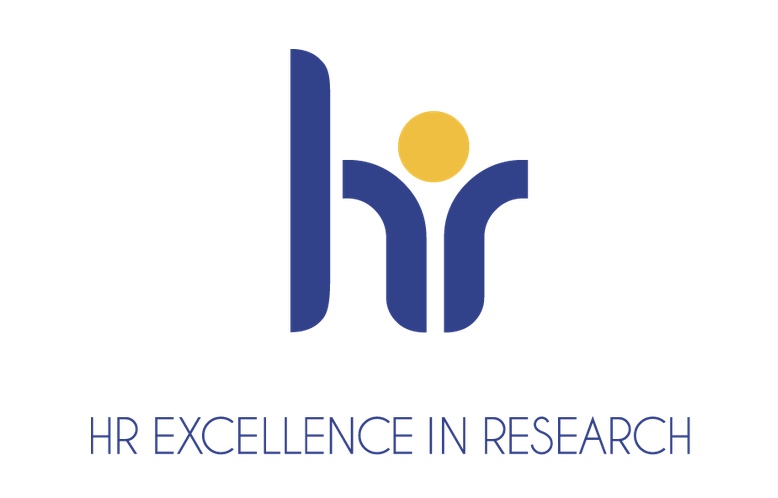Scientific Career Development
CNB
Career in Research (CaRe)
Training of future generations of scientists and technologists is a priority at the CNB from the beggining of the scientific career.
We continue attracting young people who wish to pursue a scientific career. Undergraduate and master’s students from Spanish and international universities, short-term trainees and visiting scientists chose the CNB for its outstanding biotechnology research and training opportunities.
We have already celebrated 10th editions of the “CNB bootcamp on introduction to research” for undergraduate students. In collaboration with the CSIC and funding from the Severo Ochoa Centres of Excellence Program, we offered fellowships to attract brilliant master students.

Our implementation of the ‘Severo Ochoa’ Programme for centres of excellence included the commitment to improve the career development of PhD researchers. For this purpose we created the Training Committee in 2014. In the last ten years, we assisted the CNB Directive board in the design, implementation and follow up of career development programmes. Also, its members serve as first-line contact persons for PhD students who need assistance in solving administrative or academic problems related with their PhD training at the CNB.
Our PhD training programme is fully established. The PhD researchers and Training Committees organise an annual programme of events to promote career development. In our effort to improve the excellence of the PhD Training Program, we have recently implemented the Thesis Advisory Committee (TAC) at the CNB, based on the Salzburg Principles. This tool is established in internationally recognised research institutes, and has two main goals:
(i) provide a complete individual quality assessment of PhD researchers for their professional growth and thesis achievements and
(ii) help to detect earlier conflicts and problems that otherwise might truncate the thesis success and satisfaction of PhD researchers and supervisors.
Around 20% of our personnel are postdoctoral researchers, a task force that drives the excellence of our research and participate in the training of younger students. At the end of 2022 we launched a new Postdoctoral Researchers Committee to to improve their structure, visibility and involvement in CNB´s scientific activities. In collaboration with the CNB Training Committee, they are working on the implementation of a specific Postdoctoral Training Program to enhance the career development of the scientists at this stage including soft-skills, profesonal career and complementary training.
Useful Documents
TEXT
HR Excellence in Research at CSIC

The “HRS4R” strategy is a European Commission initiative that supports research institutions and funding organisations in implementing the European Charter for Researchers and the Code of Conduct for the Recruitment of Researchers (C&C) for the recruitment of researchers in their policies and practices.
The European Commission recognises with the logo “HR Excellence in Research” institutions that make progress in aligning their human resources policies with the 40 principles of the Charter and the Code, on the basis of a customised human resources action plan/strategy.
On 26 February 2021, the CSIC received the “HR Excellence in Research” award. This award is a recognition of the institution’s commitment to the development of a Human Resources (HR) strategy for researchers, designed for the CSIC’s application of the C&C principles. Making CSIC more attractive to researchers, improving also the attractiveness of national research systems and contributing to the development of the European labour market and the consolidation of the European Research Area (ERA).
The implementation of the actions included in the Action Plan requires the involvement of the entire staff of the institution. It is an ambitious plan, which includes a large number of actions, of varying degrees of importance, and which affect different levels of the institution.
There are many actions at the level of directors, managers and research staff, who play a key role in providing a favourable, encouraging and stimulating work environment that promotes equal opportunities, ethical integrity and a balance between work and personal life. Activities in which the institution promotes active participation in the development of the Action Plan.


